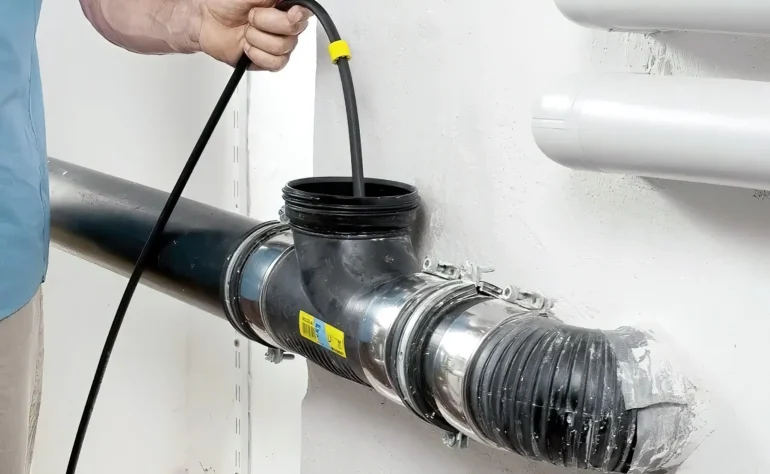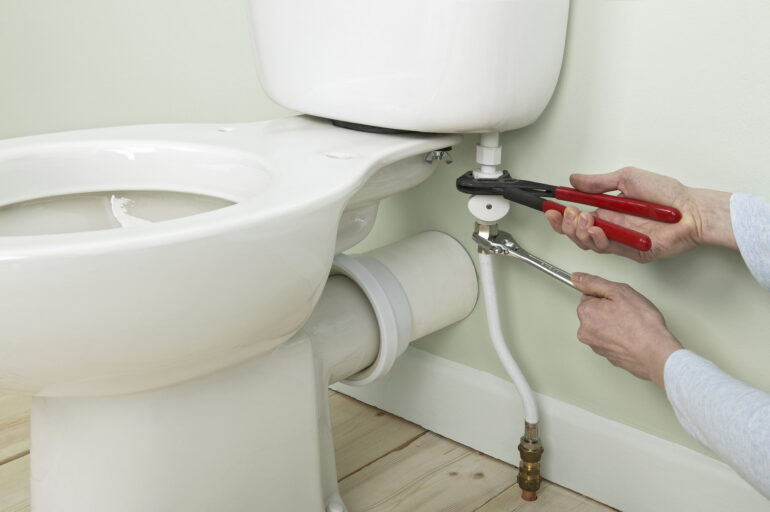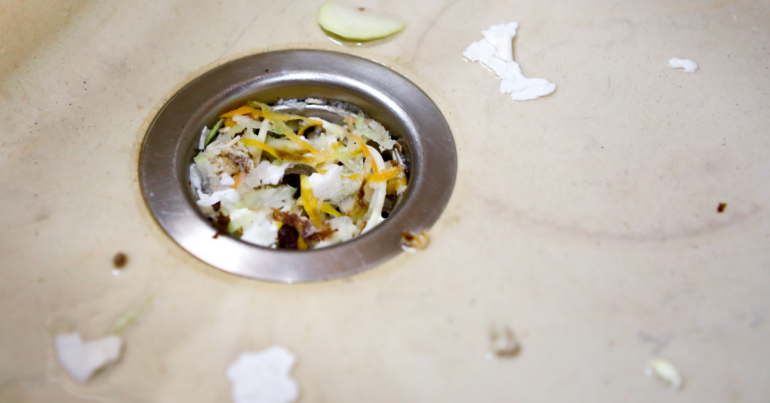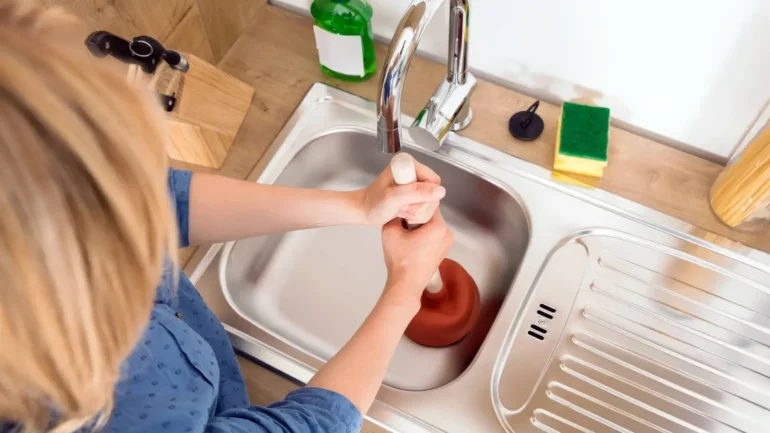If there’s one thing every Australian can agree on it’s that dealing with blocked drains is an absolute nightmare. In fact, many plumbers will agree that blocked drains and kitchen sinks are among the top reasons why plumbers are routinely called out to residential and commercial properties.
In many instances, the most common solution involves calling the blocked drain plumber Melbourne property owners rely on to keep drains clean. There are also a few other simple steps that you can take to keep your drains flowing freely. Prevention, through routine maintenance, can save you from costly repairs and reduce the chances of emergencies in the future.
Regularly checking problem areas like kitchen sinks, bathroom showers, and outdoor drains will help you catch issues before they worsen. But, first, let’s take a close look at the signs and causes of a blocked drain before jumping into the top solutions to get your drains cleared.
Obvious Signs that a Drain May be Blocked Along the Line

Blocked drains can be blatantly obvious like when they overflow and leak into your home or yard. In other cases, the blockage may not be this advanced and could be just starting out. Here are a few simple signs to look out for.
- Water drains slowly: This happens when water in the bath, sink, or shower is slow to drain out. Generally, this means that there is something obstructing the natural flow of water. There could be an item stuck in the drain or a buildup of wet wipes or oil that’s making it impossible for water to get around.
- Bad smell: Blockages can be caused by a wide variety of things. The most common being cooking grease, food scraps, hair, soap scum, and wet wipes. With a build-up of these items, it’s easy for bad smells to start forming in the drains. This smell will flow back up the pipes, and you will often smell it in the house.
- Drains overflow: Another clear sign that the drain is blocked will be an overflow into the bath or sink. This water will be dirty, smelly, and full of bacteria.
- Strange noises: Water in the pipes will always try to maintain its natural flow. When the water encounters a blockage, air becomes trapped and creates a strange, gurgling sound which you’ll hear inside.
Know the Top Causes of Blocked Drains
If you’ve had a drain problem before, then you’ll know that there are a few common issues that could be to blame. Our plumbing experts have compiled a list to help you understand why your drains are routinely getting blocked.
1. Toiletries

The number one reason for toilets and their pipes to get blocked is people flushing all sorts of items down the toilet. This can be something as simple as wet wipes to larger items such as disposable baby diapers. All of these items can lead to a significant blockage.
2. Cooking Oil
It’s not uncommon for people to pour excess cooking oil from pots down the kitchen sink during wash-up. This fat, grease, and cooking oil turn hard in the pipes, creating a blockage. These blockages can become so big that they are referred to as “fatbergs” and can be difficult to break down.
3. Food Scraps

As with cooking oil or grease, food scraps can also create a blockage. All it takes is for the scraps of food to latch onto other debris in the pipes and drains to create a much larger clog. Even smaller items such as coffee grounds don’t break down and can add to the blockage.
4. Soap Scum
You may think that soap could never be a problem in your drains. While it’s true that soap washes down the sink, the fats in oils can cling to other items already in the pipes. Combined with hair fall in your shower or bath, soap scum can make quite a blockage.
Plumber Hacks to Reduce Blockages

While severe blockages may need the expertise (and specialized tools) of your local plumber, the good news is that you can take care of minor blockages with a few simple steps.
- Boiling water: Using boiling water is a non-toxic solution to loosen soap scum, hair, and minor grease and oil clogs. Simply pour a few pots of boiling water down all the sinks to loosen any debris. You can add a mild detergent or vinegar and baking soda solution to act as an anti-bacterial and help eradicate odours.
- Use a plunger: A simple bathroom plunger is a very cost-effective first line of defence against blocked drains. Plunge vigorously to help dispel any potential clogs. The air-based pressure created by the plunger shifts smaller clogs.
- Opt for a drain snake: You can either buy a drain snake or make your own using a wire coat hanger. Bend the wire to have a hook on one end to help loosen smaller clogs of hair and wet wipes. Rinse your drain with boiling water and vinegar afterwards to loosen as much debris as possible.
Final Thoughts
It’s essential to deal with your blocked drain as soon as possible to avoid it becoming a huge issue. Rinse your drains with hot water as often as possible to keep them as clog-free as possible. Remember, small preventative measures can go a long way in keeping your plumbing system functioning smoothly. Ignoring minor clogs might seem convenient at the time, but it could lead to expensive plumbing emergencies down the line. Follow our tips to make drain cleaning less complicated!
